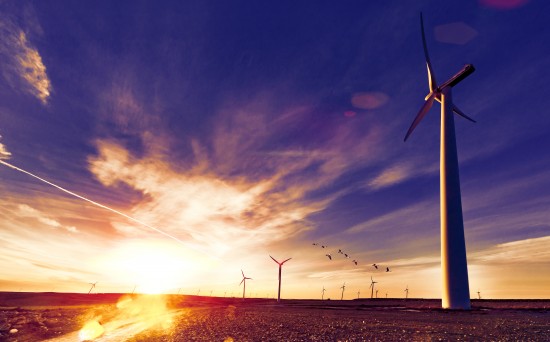EU renewables on the up, but 2020 target looms large

The objective of achieving a 20% share of renewable energy in total consumption assumed in the European Union for 2020 may be impossible to achieve. According to Eurostat data, 17.5% was achieved in 2017, which was only slightly more than in 2016. At the same time, according to the communication of the European Commission from January 2018, only 11 out of 28 countries have obtained their national RES targets and situation this has been unchanged from the last 12 months. More and more often voices are heard throughout the European Union that the goal set can be unrealistic, which is particularly important in connection with the 20-30 RES target set at 20%, which is twice as high as currently obtained.
Sweden, Finland and Lithuania remain the leaders in achieving their goals, while the Netherlands and France are the longest-reaching goals. Recent events in France related to the protests of "yellow vests" against high costs of living and, inter alia, an increase in electricity charges may cause more difficulty in achieving goals. As a consequence, one should expect in the European Union a discussion on the goals of renewable energy and their actual impact on energy prices and European society.
